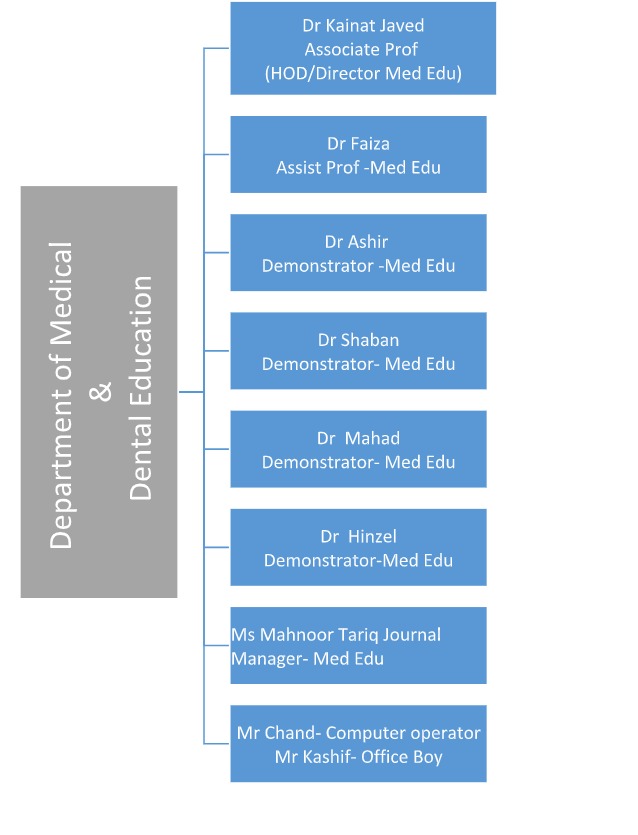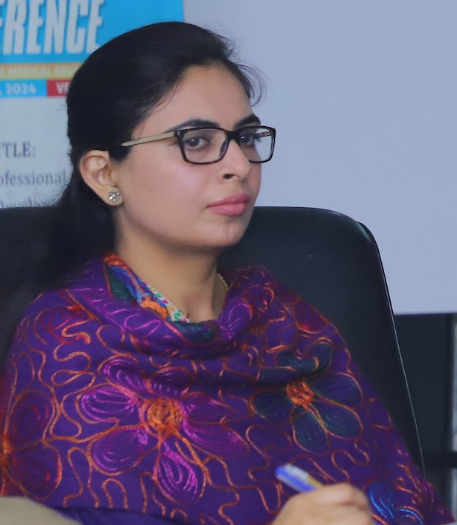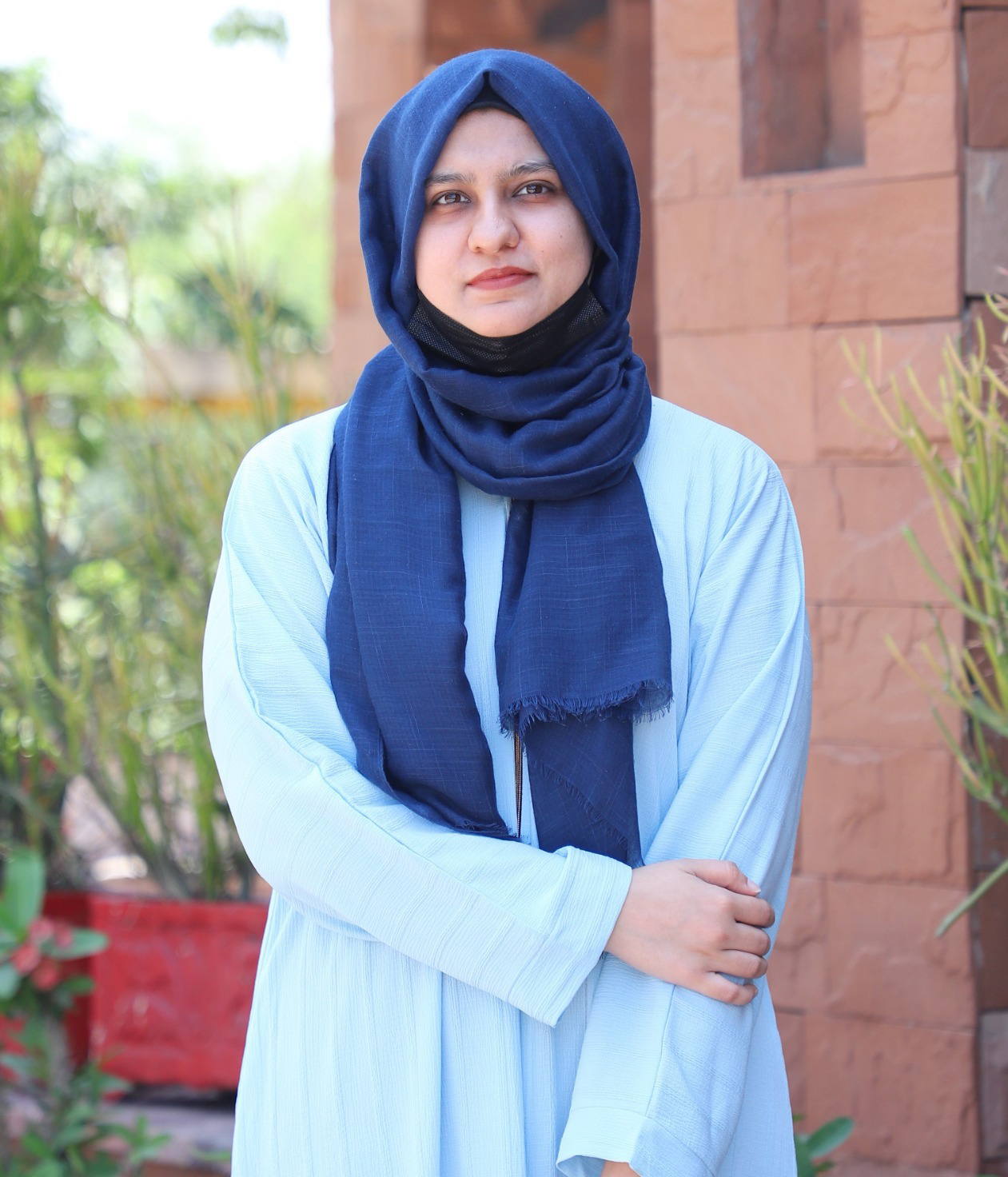The Department of Medical Education at Rashid Latif Medical College is a specialized a cademic and administrative unit dedicated to enhancing the quality of medical education. It ensures that the teaching, learning, assessment, and curriculum practices align with modern educational standards and best practices in health professions education.

Curriculum Development and Implementation
Designing and updating a curriculum that integrates basic and clinical sciences, focuses on student-centered learning, and meets national and international accreditation standards.
Faculty Development
Organizing continuous professional development workshops, training sessions, and seminars to enhance teaching, assessment, research, and leadership skills among faculty members.
Student Development
Running mentoring programs, career counseling, communication skills training, research facilitation, and student feedback mechanisms to support holistic development.
Assessment and Evaluation
Standardizing assessments with structured guidelines (pre-hoc and post-hoc protocols), introducing modern assessment tools like OSCEs, workplace-based assessments, and ensuring fairness and transparency.
Research and Scholarship
Promoting educational research among faculty and students, facilitating publications, and collaborating with national and international conferences and journals.
Quality Assurance
Monitoring academic activities through Key Performance Indicators, feedback loops, audits, and aligning with accreditation bodies’ standards (such as PMC, UHS, HEC, and international frameworks).
Innovation in Teaching and Learning
Implementing Interprofessional Problem-Based Learning, Team-Based Learning, E-learning platforms, Simulations, Interprofessional Education, and E-Portfolios.
Student Empowerment Program
The Department of Medical Education at Rashid Latif Medical College has launched the Student Empowerment Program in 2023 with the vision of preparing students not only as competent doctors but also as future leaders and professionals. Through this initiative, students are introduced to essential skills beyond clinical knowledge, including business management principles, communication skills, professionalism, and medical ethics.
This program focuses on developing critical competencies such as leadership, teamwork, decision-making, financial literacy for healthcare settings, and ethical practice. By integrating these elements early in their education, DME ensures that RLMC graduates are well-rounded, socially responsible, and better equipped to navigate the complex realities of modern healthcare environments.
April





